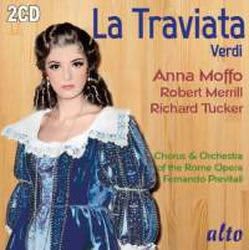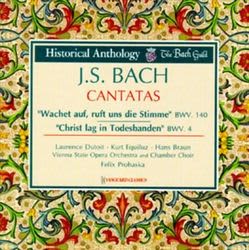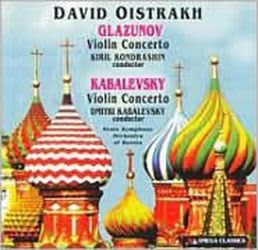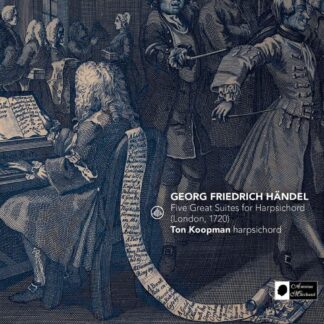Περιγραφή
Καλλιτέχνες
|
Ton Koopman is back with a selection of Handel’s Great Suites for harpsichord delivered in thoroughly unique, genuine and innovative performances. George Frideric Handel made a name for himself as a brilliant organist and harpsichordist early on in his career. As a young man, he travelled from Germany to Italy in 1707. We do not know exactly how much or what Handel composed for harpsichord while in Italy, but we know more starting from the time he settled in England. Handel composed all sorts of works for harpsichord in England, In November 1720, he published the Suites de Pieces pour le Clavecin, now known as the Eight Great Suites, his most important work for harpsichord. The spectacular Eight Great Suites show Handel the harpsichordist at his best. The suites are made up not only of newly composed movements, but also of improved versions of pieces he had written before and of harpsichord arrangements of his own compositions for other instruments. One theme central to interpreting Handel’s works for harpsichord (and the rest of his uvre, for that matter) is what to do with the dotted rhythms. In Handel’s music, we regularly see a theme appearing in different rhythmic variants sometimes dotted, sometimes not, or only partially, dotted. The question, therefore, is whether to perform these rhythms uniformly throughout the piece or to play them as they were written out in each instance by the composer. I have in large part chosen the latter. Over the course of a forty-year career Ton Koopman has appeared at the most important concert halls and festivals of the five continents. In March 2000 he received an Honorary Degree from the Utrecht University for his scholarly work on the Bach Cantatas and Passions and in February 2004 he was awarded both the prestigious Silver Phonograph by the Dutch recording industry and the VSCD Classical Music Award 2004 by the Directors of Theatres and Concert Halls of Holland. Ton Koopman is active as a guest conductor and he has worked with many prominent orchestras in Europe, the USA and Japan including the Amsterdam Concertgebouw, the Boston Symphony, the Vienna Symphony, the Deutsches Symphonie Orchester Berlin, the Rotterdam Philharmonic, the Danish Radio Orchestra and many others. He has been for eight years principal conductor of the Radio Chamber Orchestra in Holland and he is principal guest conductor of the Lausanne Chamber Orchestra. In the coming season he will be working with the Chicago Symphony, the Tonhalle Orchestra Zurich, the Orchestre Philharmonique de Radio France, the Helsinki Radio Orchestra, the Deutsche Kammerphilharmonie, the Frankfurt Radio Orchestra, the Symphonieorchester des Bayerischen Rundfunks, and the Vienna Symphony Orchestra.
|











